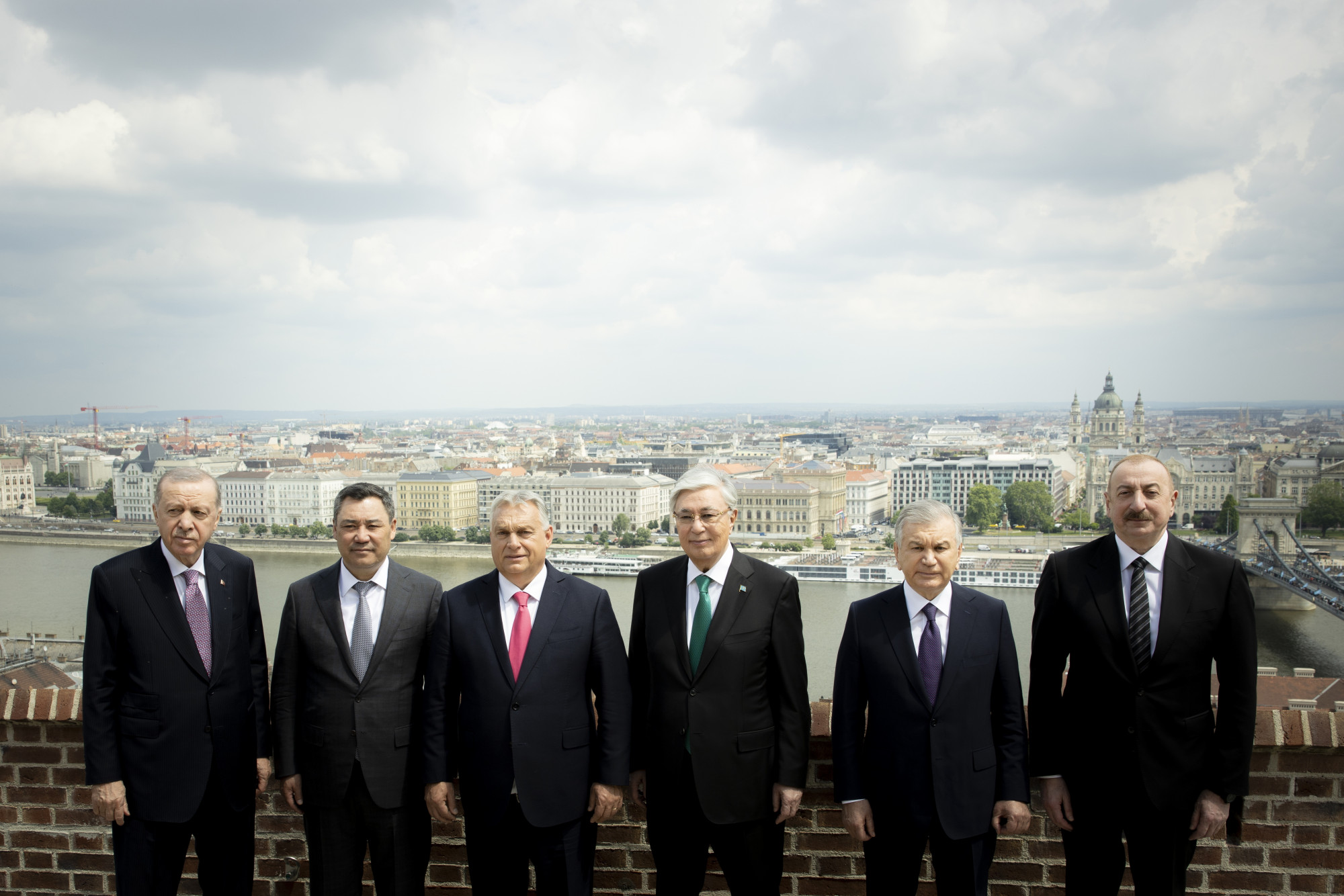26 MEPs call on European Commission to cut off funds to Hungary
- Stay updated on the latest news from Hungary by signing up for the free InsightHungary newsletter.
European lawmakers urge Brussels to cut funding to Hungary over rule-of-law concerns
A group of 26 MEPs urged the European Commission to suspend all EU funding for Hungary due to the democratic backsliding under far-right Prime Minister Viktor Orbán, 444 reports.
In a letter addressed to Commissioners Piotr Serafin and Michael McGrath, MEPs from five political groups expressed concerns that Hungary is continuing to violate EU laws and values. They argue that, rather than addressing previous concerns, Orbán’s government has further regressed since the EU first withheld €18 billion in funds in 2022 over corruption and rule-of-law concerns.
The MEPs point to four main issues: government interference with the Hungarian Integrity Authority, attacks on judicial independence, the banning of Budapest’s Pride, and the controversial "Defence of Sovereignty" law, seen as a tool to intimidate critical voices.
With a new draft bill targeting independent media and NGOs receiving foreign funding now under debate in Hungary’s parliament, Brussels says it is open to using budgetary tools to defend democratic norms.
Hungary’s Judges warn ‘Sovereignty’ Bill is threatening the rule of law
Hungary’s Association of Judges (MABIE) issued a warning over the proposed Sovereignty Protection Office, calling it a serious threat to democratic norms and the rule of law, Telex reports.
In a rare public statement, the Hungarian Association of Judges echoed concerns raised by lawyers and civil society groups, warning that the draft legislation undermines judicial independence, the right to a fair trial, and legal certainty. The bill, which would allow a state authority to monitor and penalize NGOs, independent media, and private individuals, grants powers to an entity outside Hungary’s established legal framework. Critics say it allows for sanctions without a proper legal process and grants unchecked authority.
According to MABIE, the most worrying part is the so-called appeals system that sends cases directly to the Supreme Court, yet does not allow that court to overturn decisions, cutting judicial oversight and lower court involvement.
The Association warns that these changes could erode public trust in Hungary’s justice system and threaten the long-term survival of democratic institutions.
Russian hackers used Hungarian cameras to spy on Ukraine aid
The UK has uncovered a large-scale Russian cyber-attack campaign, with reports that Russian hackers have targeted organisations involved in international support, defence, IT, and logistics assistance to Ukraine, BBC reports.
Hungary was among the targets of Russian operations. Russian intelligence operations included hacking cameras in twelve European countries and the United States. In total, around 10,000 cameras were targeted near military bases and railway stations, with the Russians mainly wanting to track the movement of aid to Ukraine. The hackers also used traffic surveillance cameras. According to the report, 2.8 percent of all targets were in Hungary - the third highest number after Ukraine, with only Poland and Romania having more cameras hacked by Russian spies.
Security agencies from several Western countries have been cooperating to detect Russian cyberattacks. They report that Russian spies used a variety of hacking methods.
Budapest hosts informal summit of the Organisation of Turkic States
Hungary hosted an informal summit of the Organization of Turkic States this week, 444 reports. The event brought together leaders from Türkiye, Kazakhstan, Kyrgyzstan, Uzbekistan, and Azerbaijan, stressing the growing geopolitical weight of the Turkic alliance in Central Asia and the broader Eurasian region. Hungarian Prime Minister Viktor Orbán welcomed Turkish President Recep Tayyip Erdoğan ahead of the summit, signalling the Hungarian government’s intent to strengthen ties with Ankara.

Hungary joined the bloc as the only EU state in 2018. Foreign Minister Péter Szijjártó told reporters that the changing global landscape has only reinforced the importance of Hungary’s shift to the east.
"The world has changed significantly, but these changes have increased the value of our cooperation," Szijjártó said, pointing to the European headquarters of the Turkic Council in Budapest as evidence of Hungary’s growing influence.
Hungarian officials called the summit a diplomatic milestone and a pragmatic response to what Szijjártó described as an "age of danger" in Europe, marked by economic challenges, energy insecurity, and geopolitical instability.

